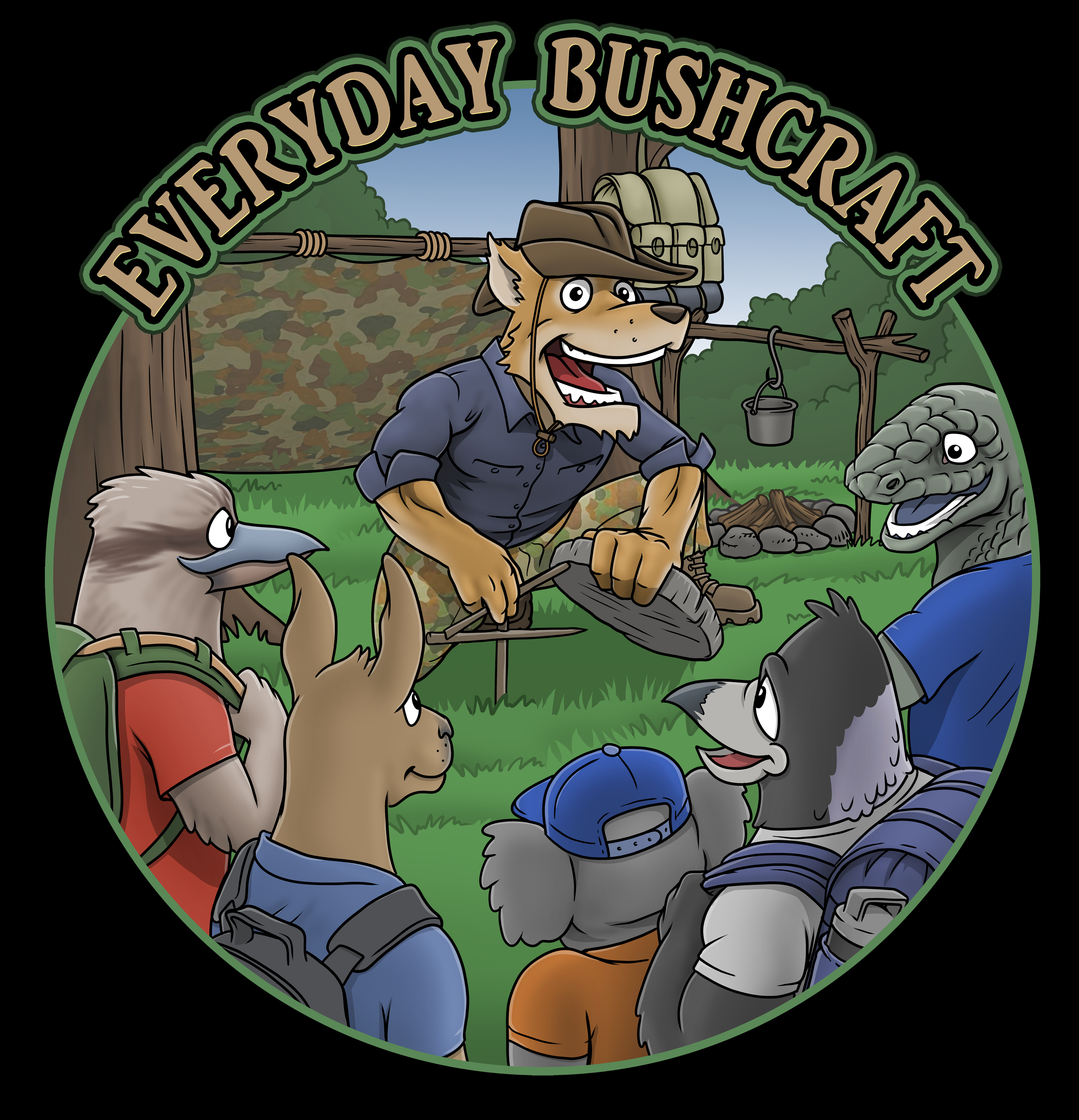
The POWER of Social Connection
- gbucknell

- Sep 20, 2024
- 3 min read
The Power of Social Group Activities: Building Resilience, Confidence, and Personal Growth in Children
In today’s fast-paced, digitally-driven world, it’s more important than ever to provide children with opportunities to build resilience, confidence, and a sense of personal growth.
Social group activities like Scouts, Military Cadet Corps, and other community programs offer just that, giving young people a chance to step away from screens and engage in meaningful experiences that develop lifelong skills.
Resilience Through Challenge
One of the most significant benefits of group activities is the way they nurture resilience. Whether it’s completing a challenging hike in Scouts, overcoming obstacles in a cadet training exercise, or working as a team in a school club, children learn to push through difficulty and frustration. These experiences teach them that they can succeed even when things don’t go as planned.
Resilience doesn’t just come from facing challenges—it comes from learning how to adapt and bounce back when things go wrong. In structured social groups, children are guided through these experiences by mentors and peers, who help them reflect on their successes and setbacks. This process builds the emotional stamina they need to navigate the ups and downs of life with a positive, solution-oriented mindset.
Confidence Through Achievement
Social groups provide a structured environment where children can set goals, work towards them, and experience the satisfaction of achievement. Whether it’s earning a merit badge, leading a group in a campfire setup, or successfully navigating a difficult trail, the sense of accomplishment that comes from these tasks is vital for developing confidence.
Programs like Scouts or Military Cadet Corps allow children to try new activities and explore different interests, all while receiving encouragement from leaders and peers. This fosters a sense of belonging and self-belief that encourages them to take on greater challenges. As they grow more confident in their abilities, they’re more likely to step outside their comfort zones and tackle new experiences, whether it’s in their social lives, academics, or later on in their careers.
Personal Growth Through Exploration and Responsibility
Children thrive when they’re given the chance to explore their interests and take responsibility for their actions. In groups like Scouts or Military Cadet Corps, young people are introduced to a variety of subjects—from outdoor survival skills and first aid to community service and leadership. These experiences allow them to explore different areas of interest, discovering new talents and passions along the way.
More importantly, these activities teach children responsibility. Whether it’s taking care of equipment, managing time in a task, or supporting their peers, being part of a social group involves learning how to contribute to the well-being of the group. This sense of responsibility builds character and helps children develop a mindset of personal accountability, both in their everyday actions and in their long-term goals.
The Value of Social Connection
Involvement in social groups doesn’t just benefit children individually; it also helps them learn how to work within a team, build relationships, and understand the value of community. Group activities encourage collaboration, communication, and problem-solving, all of which are critical life skills.
Being part of a social group provides children with a network of support, where they can rely on peers and mentors for guidance. These connections foster a sense of belonging that is crucial for emotional well-being, especially during times of uncertainty or transition.
Through shared experiences, children learn that they are part of something larger than themselves, which helps them develop empathy, cooperation, and a greater sense of purpose.
Nurturing a Growth Mindset
Ultimately, involvement in social group activities encourages a growth mindset—an understanding that abilities and intelligence can be developed through effort and persistence. Programs like Scouts and Military Cadet Corps are designed to challenge children, helping them learn that success is not just about innate talent, but about perseverance, practice, and a willingness to learn from mistakes.
This mindset is invaluable as children move into adulthood, where they will face a variety of challenges and opportunities. By participating in structured group activities, children develop a lifelong love of learning, curiosity, and an openness to new experiences—all of which are key to personal development and success.
Conclusion: Investing in Our Children’s Future
As parents, teachers, and community members, it’s our responsibility to provide children with opportunities that promote their growth and well-being. Involvement in social group activities like Scouts, Military Cadet Corps, and other community programs offers young people the chance to develop resilience, confidence, and personal growth in a supportive and structured environment.
By encouraging our children to participate in these activities, we’re giving them the tools they need to navigate life’s challenges with strength and optimism, while fostering a lifelong mindset of growth and learning. It’s an investment that pays off not just in their individual success, but in their ability to contribute positively to the world around them.









Comments